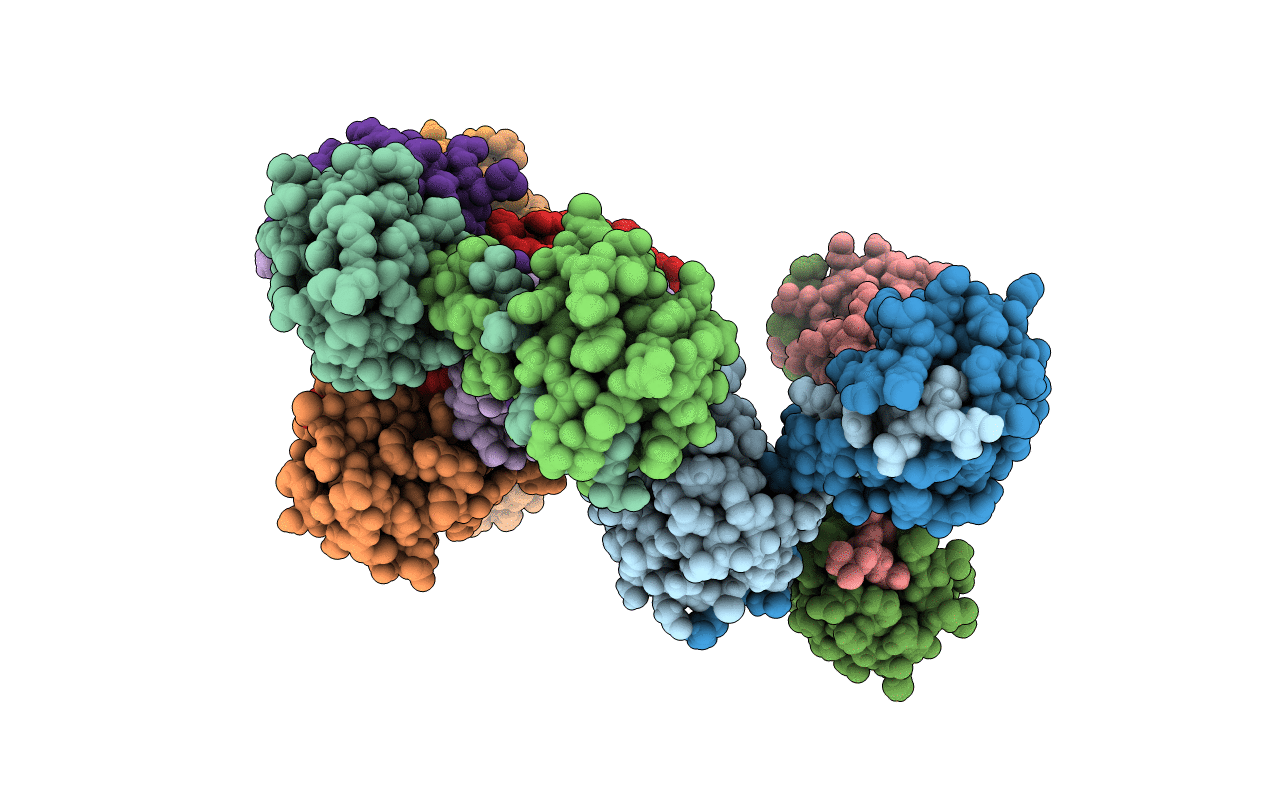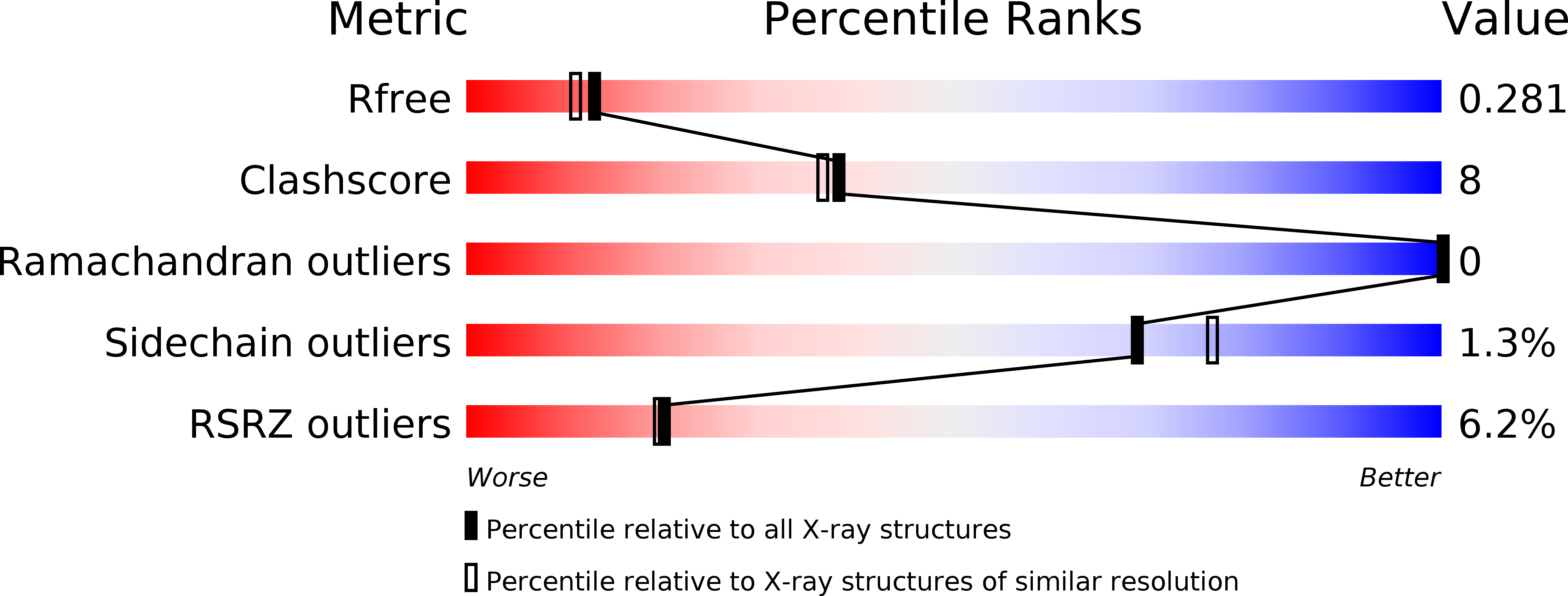
Deposition Date
2019-01-28
Release Date
2019-07-24
Last Version Date
2024-01-24
Entry Detail
PDB ID:
6QK9
Keywords:
Title:
A dimeric ubiquitin formed by a single amino acid substitution
Biological Source:
Source Organism(s):
Homo sapiens (Taxon ID: 9606)
Expression System(s):
Method Details:
Experimental Method:
Resolution:
2.23 Å
R-Value Free:
0.28
R-Value Work:
0.23
R-Value Observed:
0.24
Space Group:
P 21 21 21


